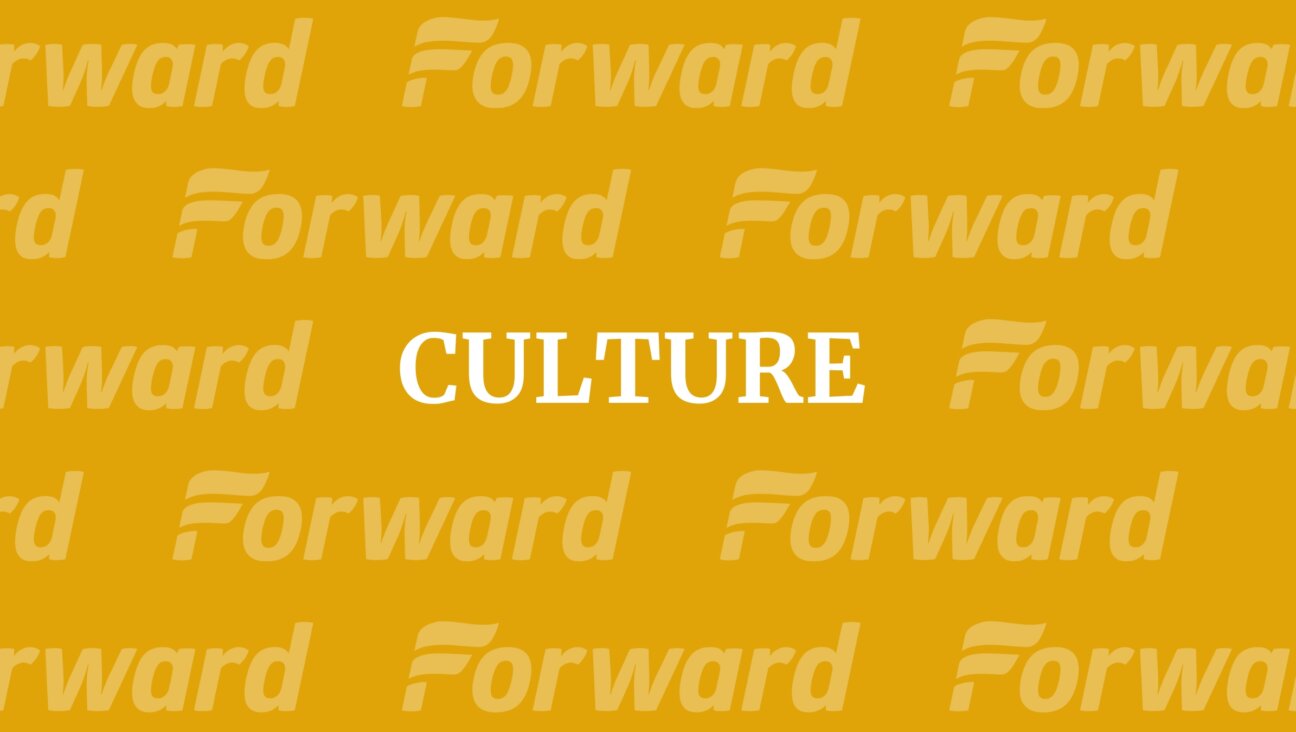‘Grace And Frankie,’ ‘The Stowaway’ And More To Read, Watch And Do This Weekend
It’s frigid out; the flu is frightful; the government might shut down; hey, at least books still exist. So too, thankfully, does solidarity: This weekend, thousands are predicted to take to the streets in a first-anniversary replica of last year’s Women’s March. In the moments over the next few days when you’re not shivering, sneezing…




















